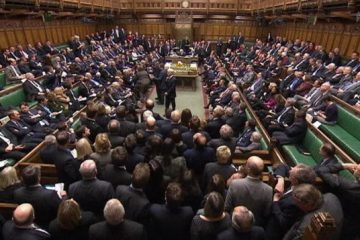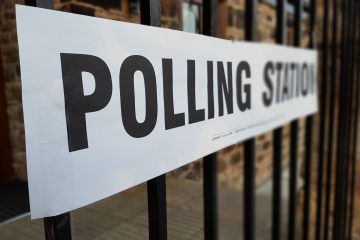
Brexit from the back benches: have the whips become the straw men of British politics?
The liberal philosopher A.C. Grayling is one of the foremost opponents of Brexit. No doubt he salutes the bravery of those Tory MPs dubbed ‘mutineers’ by the Daily Telegraph when they brought about Theresa May’s first Commons defeat as they supported an amendment to her EU withdrawal bill to give Parliament a legal guarantee of a vote on the final Brexit deal”. These Tory MPs defied the so-called ‘party whip’. Whips are MPs appointed by parties in Parliament to do what they can to make sure party members vote the way the party wants. Grayling is not a fan of the whipping system in general: he regards whipping as ‘undemocratic’, and he connects it to increasing levels of mistrust in MPs and …

General election 2017: votes from anywhere
Some six months before Theresa May called a surprise general election, The Road to Somewhere was published. In it, David Goodhart argues that the old political divide, between left-wingers and right-wingers, has been superseded. The electorate, Goodhart claims, is now better divided between “anywheres” and “somewheres”. Peter Wiggins looks at the Goodhart argument in the context of the 2017 general election. Of “Anywheres”, “Somewheres” and “Inbetweeners” According to The Road to Somewhere, roughly 25% of the population are “anywheres” – they are mobile, metropolitan, liberal, tolerant, at home wherever they may be, and wary of group attachment. These voters are likely to be highly educated, and they tend to approve of “mass immigration,” subscribing, as Goodhart puts it, to “progressive …










